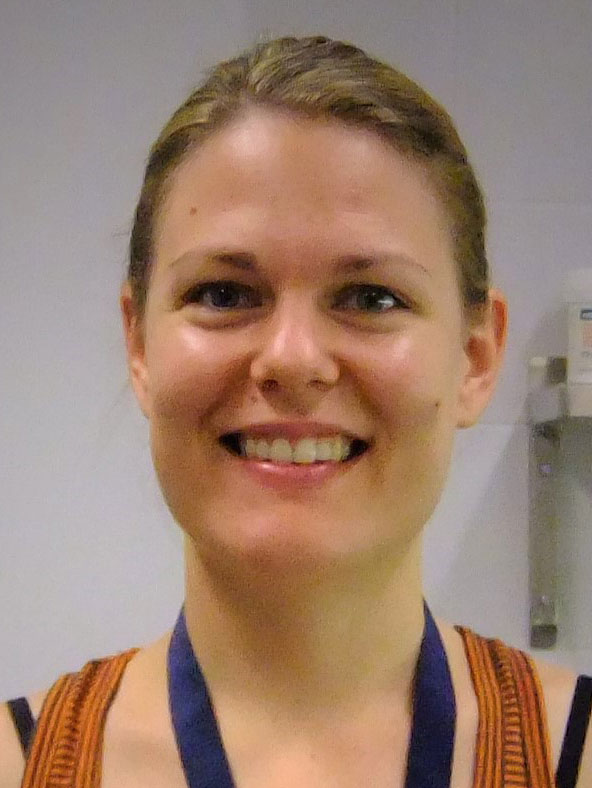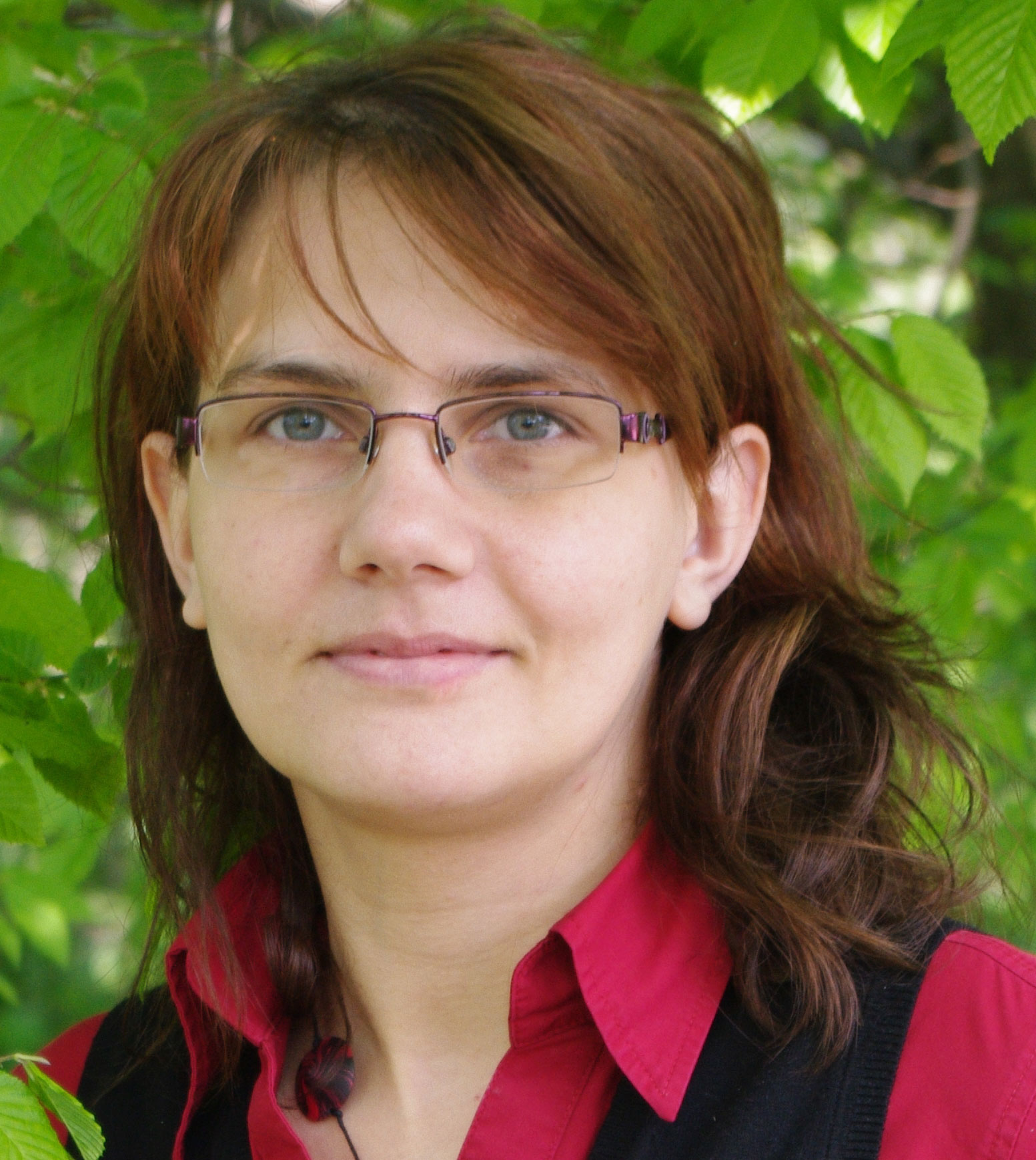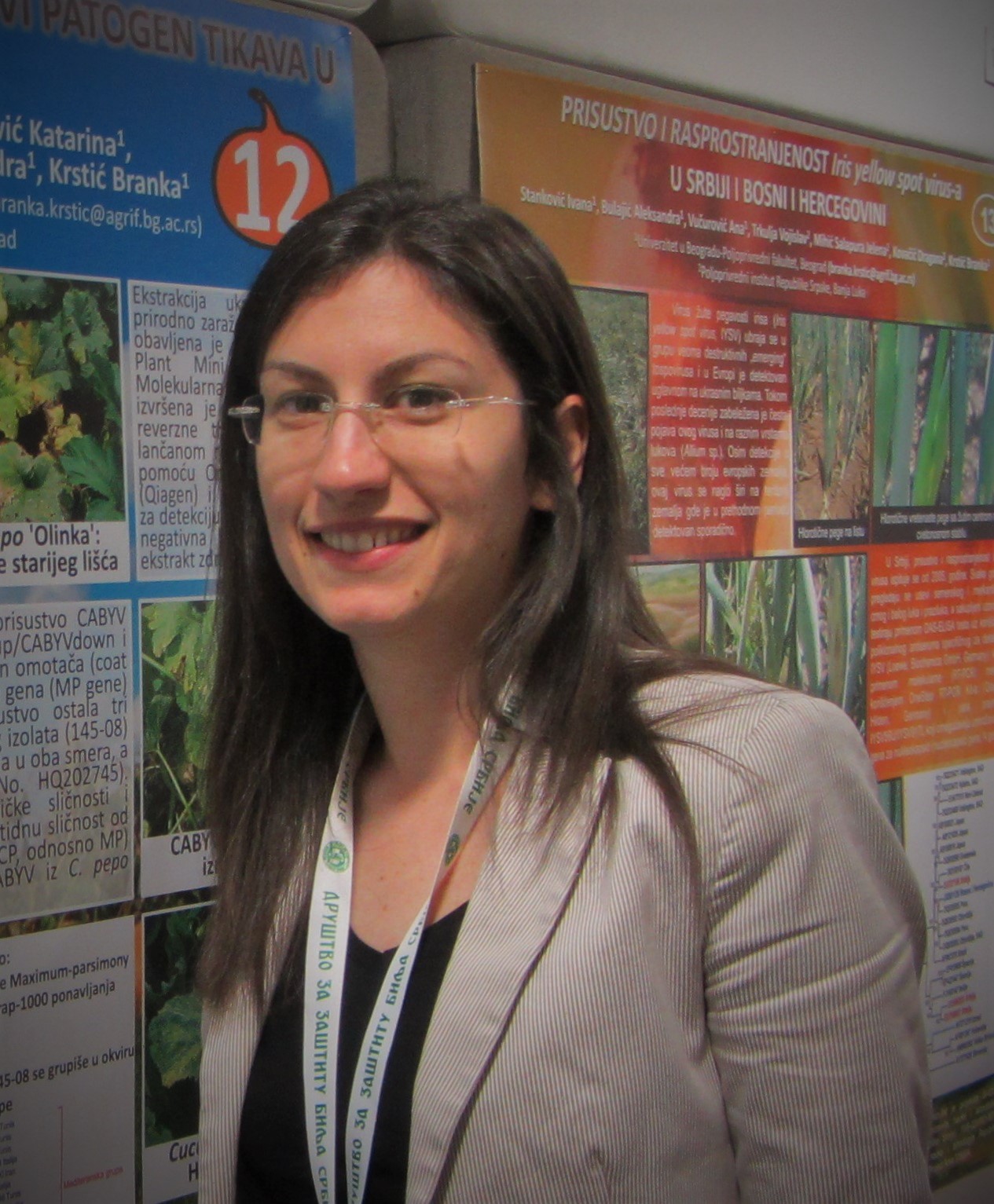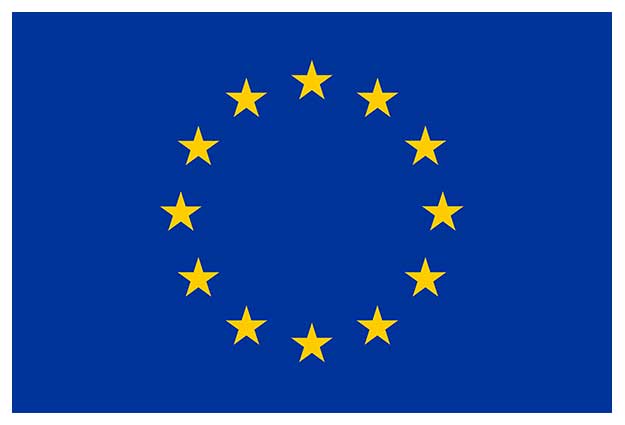Partner's general description and participants
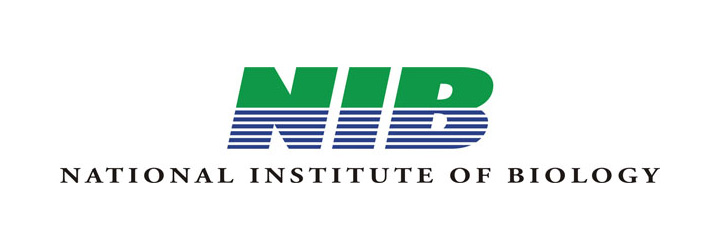
National Institute of Biology
www.nib.si/eng
The National Institute of Biology (NIB) is a public non-profit organization performing basic and applied research in the fields of biology, agronomy, biotechnology, medicine and ecology. The Department of Biotechnology and Systems Biology encompasses three research teams which conduct research of microorganisms and viruses, plant-pathogen interaction and systems biology, and of genetically modified organisms.
The department has an excellent know-how on development of molecular diagnostic protocols for laboratory and on-site detection of bacteria, viruses and viroids based on state-of-the-art techniques including real-time PCR, LAMP, digital droplet PCR, and high throughput-sequencing, which is used for detection and characterization of novel and previously-described pathogens. The Department is accredited according to the ISO/IEC 17025 for detection of GMOs and plant pathogens.
NIB was awarded the ISO 9001 quality certificate for all its activities and is the holder of National Standard in the Field of Amount of Substance/Bioanalysis of NucleicAcids/GMOs and Microorganisms. Three researchers are members of EPPO (European and Mediterranean Plant Protection Organization) Panels.
Role and participation in the project
NIB is participating as WP leader in collaboration with NVWA for WP1 involved in organisation of TPS. NIB collaborates in WP2 in preparation of guidelines for usage of NGS in diagnostics and in WP3 in preparation of reference materials. NIB will use the expertise gained in organisation of international hands-on training, workshops, consulting and technical auditing, organization of inter-laboratory testing and development of protocols and workflows for state laboratories and EPPO. NIB will contribute to all WPs.
The VALITEST team at the National Institute of Biology (NIB) consists of scientists trained in microbiology, molecular biology and diagnostics, who will contribute to the project with their diverse set of skills.
Participants
Maja RAVNIKAR
WP1 Leader (in collaboration with NVWA)
Prof. Maja Ravnikar is a biologist, with a specialisation in biology of plant pathogens, development of novel diagnostic methods for detection of viruses and bacteria and innovative approaches in biotechnology including viruses characterization.
Maja Ravnikar is the Head of the Department of Biotechnology and Systems Biology at the National Institute of Biology (NIB), Slovenia. For twenty years she leads authorized diagnostic laboratory for determination of microorganisms for the Phytosanitary Administration (MAFF), inspection and she is closely involved in contract research with high-tech companies.
She is a member of national and international plant protection advisory bodies and expert groups such as Panel on diagnostics and quality assurance in the framework of EPPO (European and Mediterranean Plant Protection Organization), she is the president of International working group on legumes and vegetable viruses – IWGLVV and PVY Wide Organization member, advisory board member of the Centre for Functional Genomics and Bio-Chips (CFGBC), scientific committee member of Centre of excellence COBIK, etc.
Špela ALIČ
Scientific and Technical Expert
Špela Alič (PhD) is a biochemist, with a specialization supporting research of bacteria with bioinformatics, characterizing bacteria with a range of methods and bacteriophage-bacteria interactions. Most recently, she has characterized Dickeya fangzhongdai occurring in Europe and bacteriophages active against them.
Tanja DREO
Scientific and Technical Expert
Tanja Dreo (PhD), a microbiologist, is a researcher and project manager of bacteriological laboratory at the Department of Biotechnology and Systems Biology. Her activities cover R&D for official diagnostics of plant diseases using a range of methods, developing and validating novel detection methods e.g. real-time PCR, digital PCR and LAMP, metrology related to DNA detection based bio-analyses, high-throughput analyses, quality assurance and studies on bacterial diversity using MLVA and phenotypic typing. She is active in international research projects, recently leading tasks on E. coli on-site detection within the DECATHLON project (http://www.decathlon-project.eu/) and metrological aspects of DNA detection within the Bio-SITrace (Joint Research Project – EURAMET; http://biositrace.lgcgroup.com/). Current focus includes organization of international proficiency tests in plant health, improvements of reference and control materials, trainings and data management. She is an active member of the EPPO Panel on bacterial diseases.
Denis KUTNJAK
Dr. Denis Kutnjak is focused on development and application of diverse range of novel high-throughput sequencing (HTS) approaches for discovery and diversity studies of viruses. He has contributed to discovery of new viruses and viral strains in different organisms, establishment of HTS-based diagnostic pipeline in the NIB laboratory and have experiences with the use of HTS for population genetics studies of plant virus diversity and evolution.
Tadeja LUKEŽIČ
Tadeja Lukežič (PhD) is a microbiologist, with a specialisation in biotechnology, molecular biology and genetic engineering. She started working at the Department of Biotechnology and Systems Biology in 2018 after completing her PostDoc training at the Helmholtz-Institute for Pharmaceutical Research Saarland (HIPS) in Germany, where she was studying natural products biosynthesis in bacteria and was also a team and project manager.
Nataša MEHLE
Scientific and Technical Expert
Nataša Mehle (PhD) is a biologist, with a specialisation in novel diagnostic methods development for the detection of new emergent plant pathogens, the biology of plant viruses, viroids, and phytoplasma, and also interactions between plants and their pathogens.
She is a responsible analyst of plant viruses, viroids and phytoplasma for the official detection of plant pathogens. She is also involved in research and detection services for samples from other countries. She is an active member of the EPPO Panel on viruses and phytoplasmas.
She led several training courses in the diagnosis of viruses, viroids and phytoplasma, and she was involved as a lecturer in several real-time PCR workshops in plant pathology (organized by NIB and Biosistemika). She has also experiences in the management and organization of test performance studies and proficiency tests for international audience.
Ana MIHEVC
Administrator
Ana Mihevc is an economist, with a specialisation in financial and administrative matters of national and international projects. She is responsible for a technical and logistical organization of meetings for international projects and other events. She started to work for NIB in 2004.
Manca PIRC
Scientific and Technical Expert
Manca Pirc (PhD), a biologist, is a researcher and has organizational role in diagnostic laboratory for plant pathogenic bacteria at the Department of Biotechnology and Systems Biology. Her activities cover developing and validating novel detection methods, e.g. real-time PCR, PCR, pathogenicity tests, DNA barcoding and quality assurance.
She is a responsible analyst of plant pathogenic bacteria and phytoplasma for the official detection of plant pathogens. She collaborates and has organizational role in different interlaboratory and proficiency tests associated with quarantine bacteria. She was involved as a lecturer in several real-time PCR workshops in plant pathology (organized by NIB and Biosistemika).
Ana VUčUROVIć
Ana Vučurović (PhD) is phytopathologist focused on the research of virus and fungal diseases of vegetables, field crops and ornamentals. She obtained her degree at the University of Belgrade-Faculty of Agriculture. Her main activities involves detection, identification and characterization of plant viruses and fungi, including quarantine and emerging pathogens. Ana’s main research interest are virus disease of tomato, tobacco and cucurbits, and fungal diseases caused by Phytophthora, Fusarium and Alternaria species.





